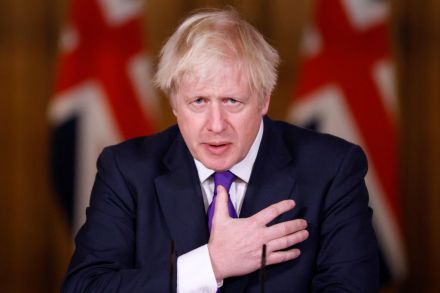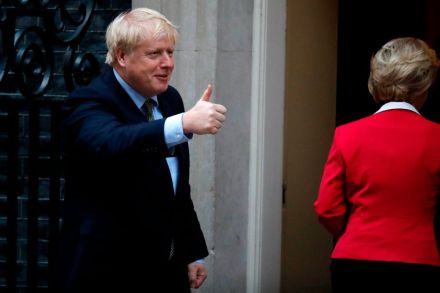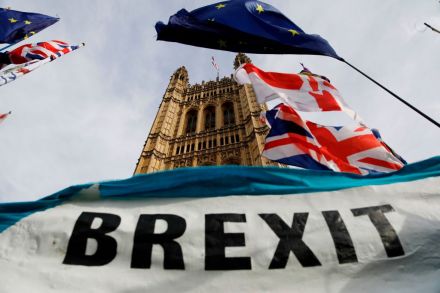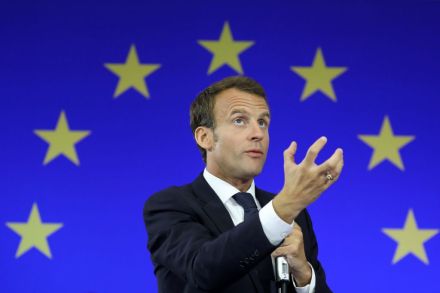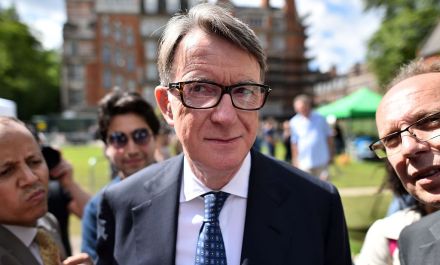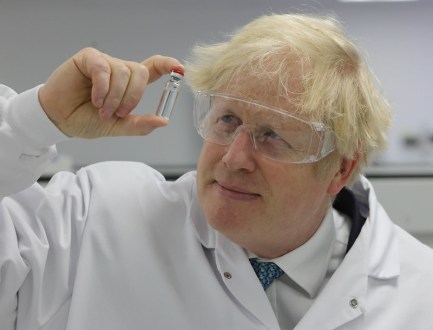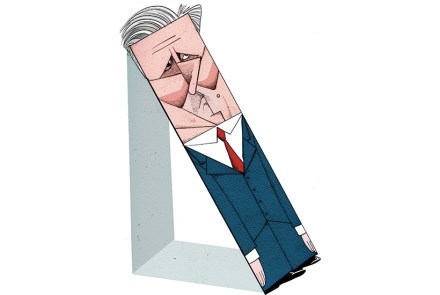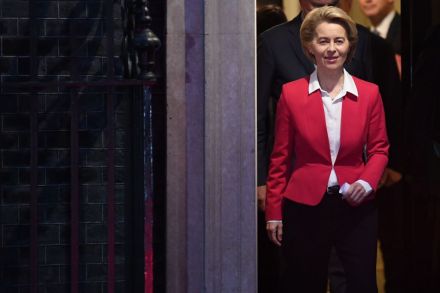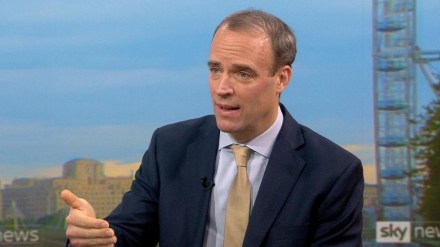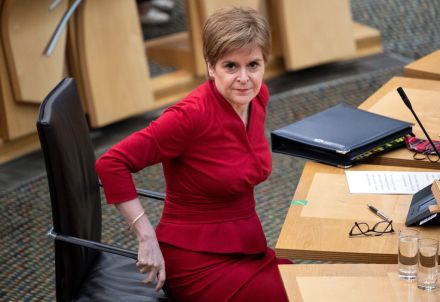Deal or no-deal? The choice is Boris Johnson’s
If you voted for Brexit, did you think it was a state of pure and perfect national independence, or did you think that given how connected the UK is to the EU – economically, diplomatically, in respect of security – it might be a bit of a fudge and compromise? Is Brexit an absolute state of putative grace – or a place on a spectrum, somewhere between Switzerland and Norway, which are semi-independent, and North Korea, which is wholly independent? Because your answer will help you determine whether or not you think Boris Johnson is being reasonable in rejecting the EU stipulation that the UK should not weaken its environmental,
